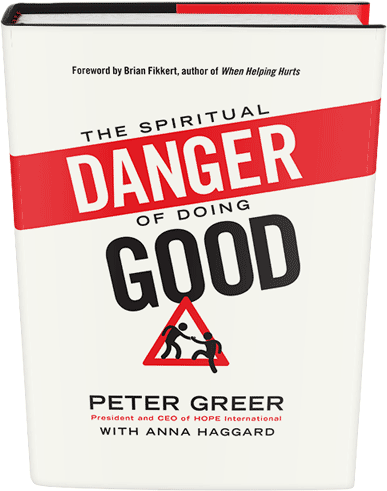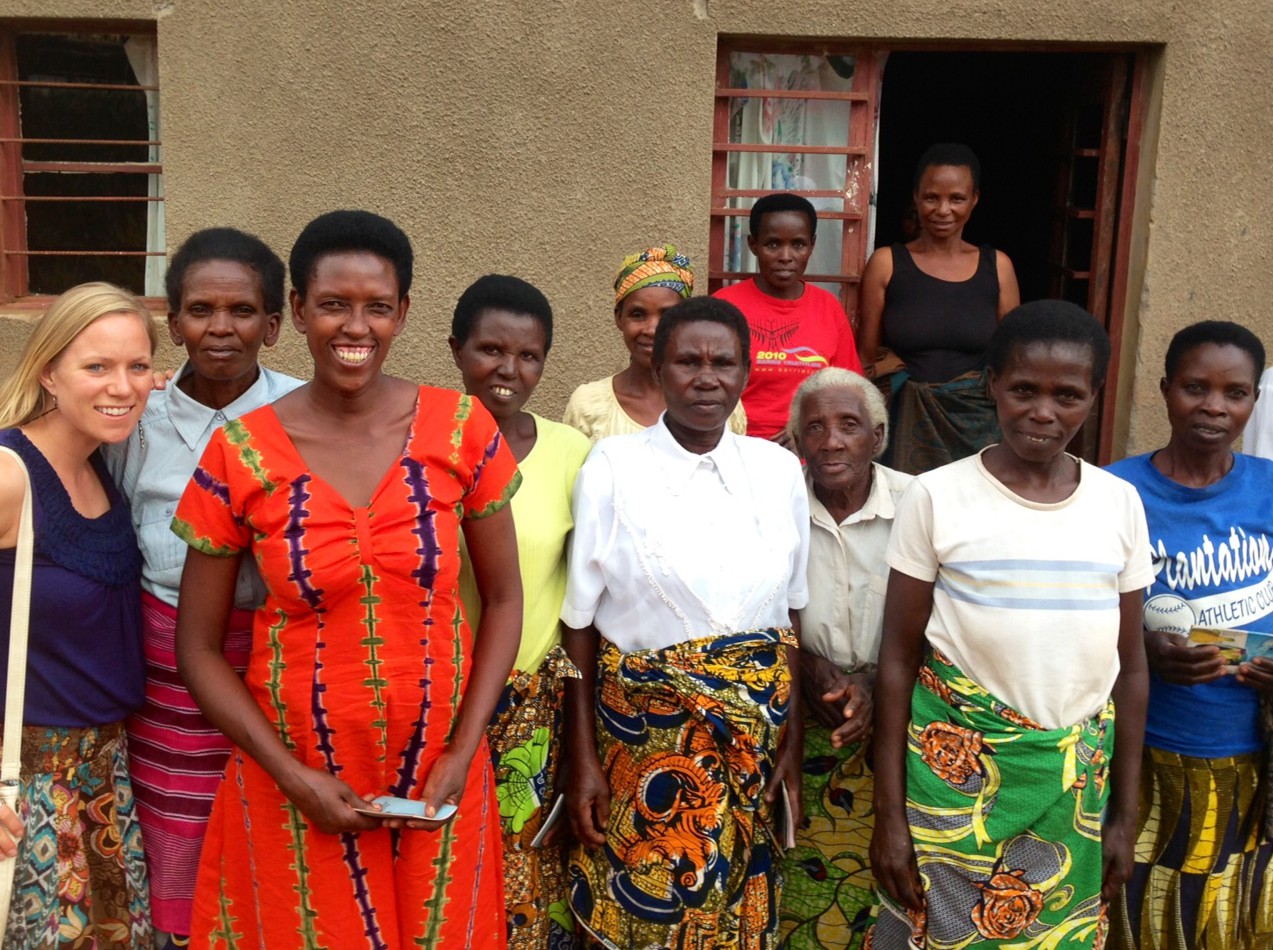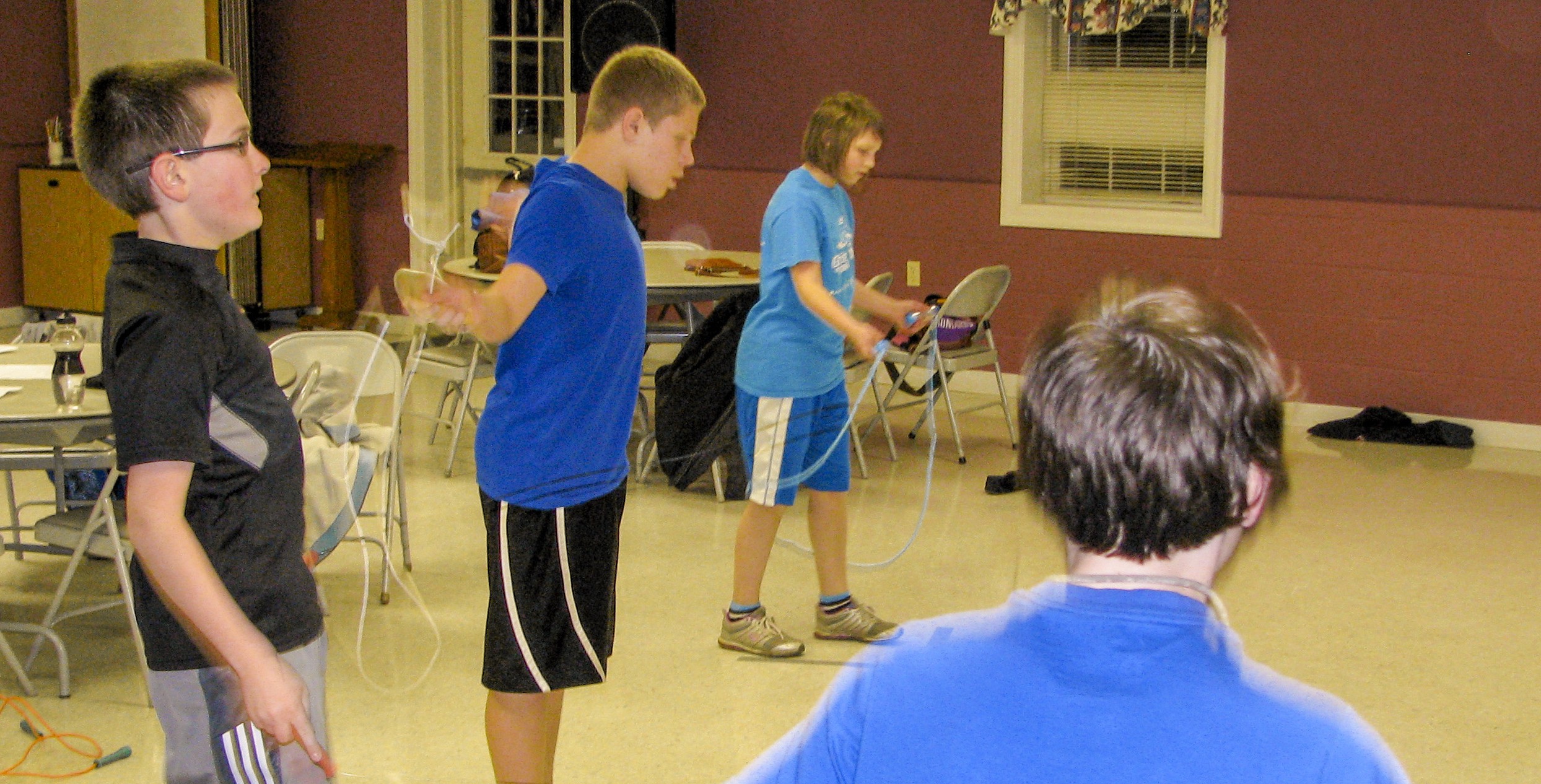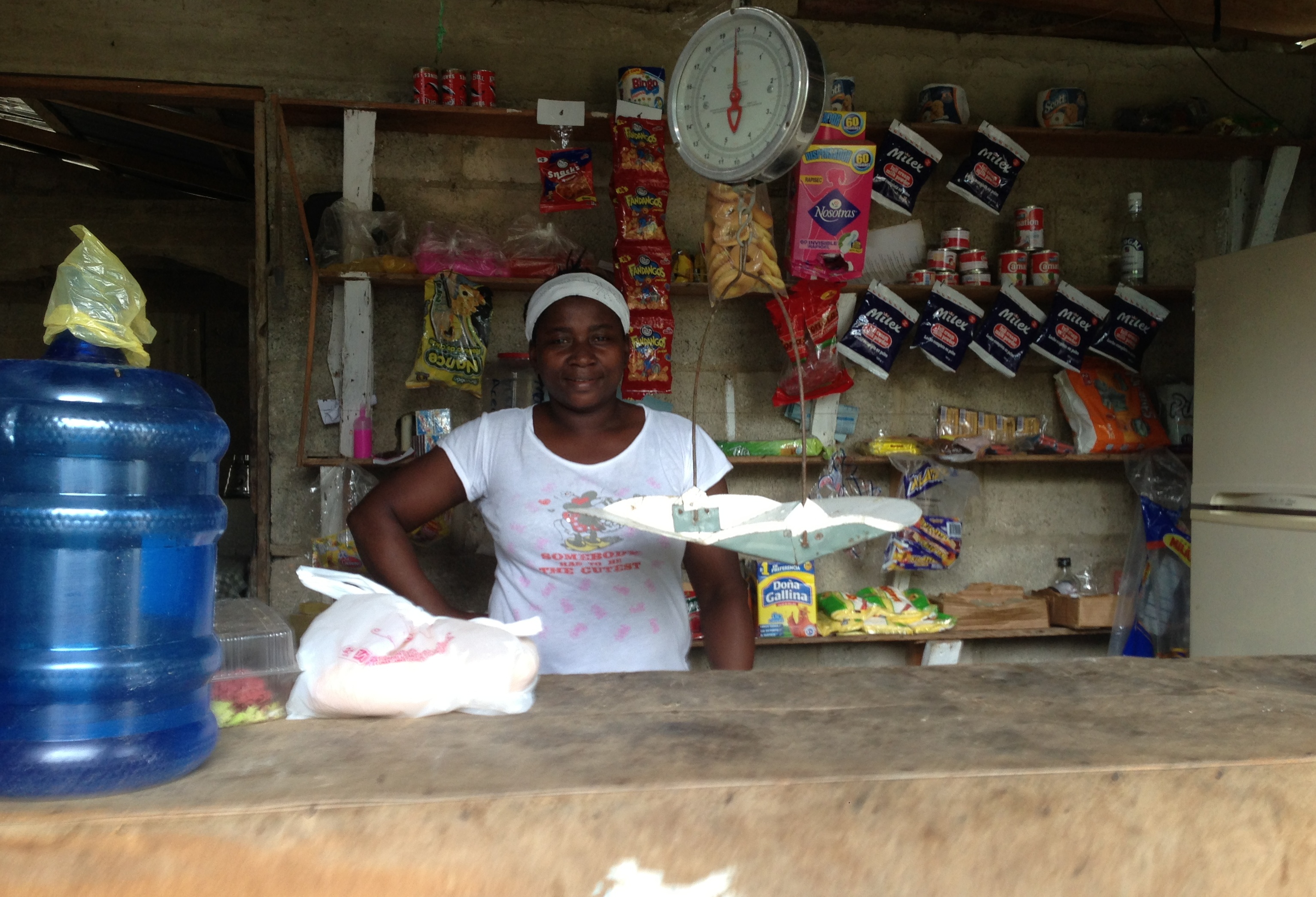
HOPE Intl
By HOPE Intl
NewsHOPE Intl
HOPE Intl
Photos / MediaThe following is part two of a series written by Jill McCuistion, Karla Colonnieves, and Hope Forti at Live58 on the topic of photography and its powerful role in portraying clients. This blog features interviews with HOPE staff as well as staff at Plant With Purpose, a Christian environmental nonprofit. Continue Reading…
HOPE Intl
HOPE Intl
Staff / Travels Stories we loveAt the end of February, eight members of the Mountville Mennonite Church middle school youth group set out to make a difference through a “Jump Rope for HOPE” jump-a-thon. The group was motivated by a visit to HOPE’s Pathways out of Poverty exhibit in the fall of 2012. Located at HOPE’s headquarters in Lancaster, Pennsylvania, Pathways provides a multisensory look at the stories of eight individuals living in poverty around the world and invites participants to respond. Continue Reading…
HOPE Intl
HOPE Intl
Staff / Travels Stories we loveHOPE Intl
HOPE Intl
Microfinance Photos / Media
When Tom Rakabopa and Central Baptist Church first reached out to families living in poverty in Harare, Zimbabwe, they distributed food and other items to fill the great needs they saw in their community. But as he saw some of the unintended consequences of this work, Tom began dreaming of ways they could transition to long-term development. That dream came true when a partnership with HOPE International helped Central Baptist Church begin savings and credit associations (SCAs) in their community, training groups of individuals to save their own money as a safety net in emergencies, to start or expand a business, and to pay routine expenses like school fees.



















